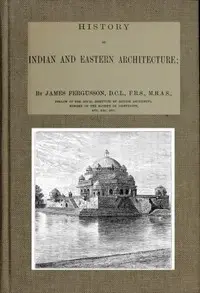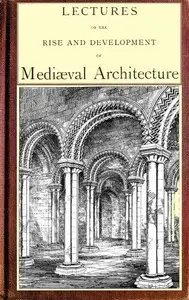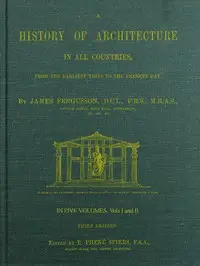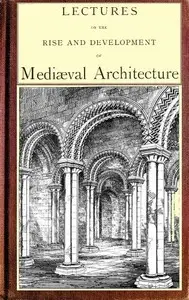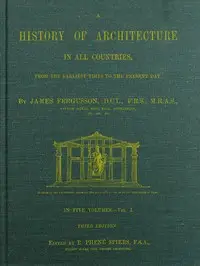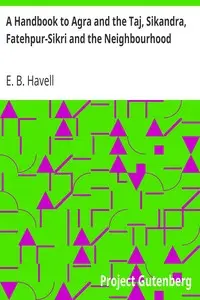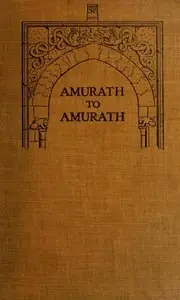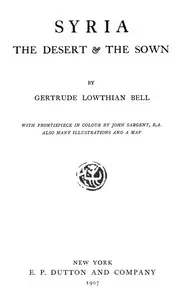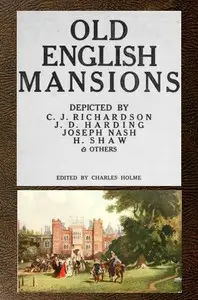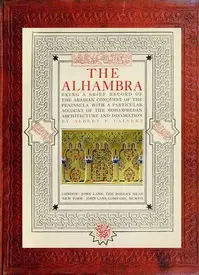"Palace and Mosque at Ukhaiḍir: A Study in Early Mohammadan Architecture" by Gertrude Lowthian Bell, presents a scholarly look into the world of early Islamic architecture, probably around the early 1900s. It's all about figuring out what makes the palace at Ukhaiḍir and its mosque so special, digging into the different cultures that had an impact on how they were built. The study looks at the architecture and the history around it, introducing the reader to the area around Ukhaiḍir, talking about the land and the ruins that are there. Bell makes it clear that Ukhaiḍir is important and that the palace and mosque designs show how Muslim builders were making their mark, using ideas from civilizations that came before them to form the art and architecture of the time period.
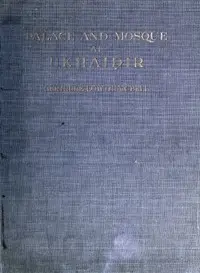
Palace and Mosque at Ukhaidir: A Study in Early Mohammadan Architecture
By Gertrude Lowthian Bell
Discover the hidden history within the walls of an ancient palace and mosque, where the echoes of early Islamic builders resonate with the artistic whispers of civilizations long past.
Summary
About the AuthorGertrude Margaret Lowthian Bell was an English writer, traveller, political officer, administrator, and archaeologist. She spent much of her life exploring and mapping the Middle East, and became highly influential to British imperial policy-making as an Arabist due to her knowledge and contacts built up through extensive travels. During her lifetime, she was highly esteemed and trusted by British officials such as High Commissioner for Mesopotamia Percy Cox, giving her great influence. She participated in both the 1919 Paris Peace Conference (briefly) and the 1921 Cairo Conference, which helped decide the territorial boundaries and governments of the post-War Middle East as part of the partition of the Ottoman Empire. Bell believed that the momentum of Arab nationalism was unstoppable, and that the British government should ally with nationalists rather than stand against them. Along with T. E. Lawrence, she advocated for independent Arab states in the Middle East following the collapse of the Ottoman Empire, and supported the installation of Hashemite monarchies in what is today Jordan and Iraq.
Gertrude Margaret Lowthian Bell was an English writer, traveller, political officer, administrator, and archaeologist. She spent much of her life exploring and mapping the Middle East, and became highly influential to British imperial policy-making as an Arabist due to her knowledge and contacts built up through extensive travels. During her lifetime, she was highly esteemed and trusted by British officials such as High Commissioner for Mesopotamia Percy Cox, giving her great influence. She participated in both the 1919 Paris Peace Conference (briefly) and the 1921 Cairo Conference, which helped decide the territorial boundaries and governments of the post-War Middle East as part of the partition of the Ottoman Empire. Bell believed that the momentum of Arab nationalism was unstoppable, and that the British government should ally with nationalists rather than stand against them. Along with T. E. Lawrence, she advocated for independent Arab states in the Middle East following the collapse of the Ottoman Empire, and supported the installation of Hashemite monarchies in what is today Jordan and Iraq.

